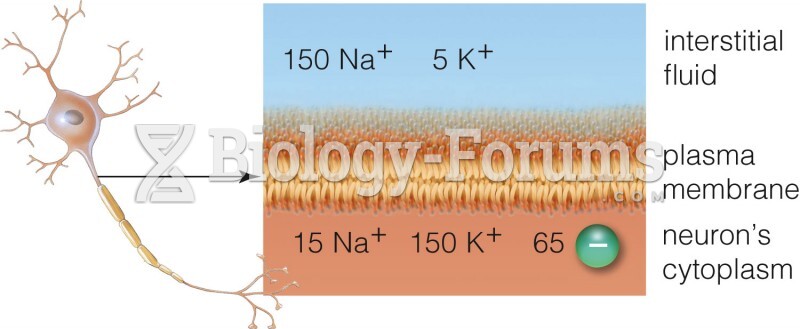Answer to Question 1
A, C, D
a. Correct. Carotid stenosis refers to occlusion of the carotid artery from atherosclerotic pla-que and can result from chronic hypertension. Older adults with carotid stenosis are at high risk for strokes owing to the risk of a thromboembolic event from the plaque.
b. Incorrect. Diabetes mellitus (DM) is not a result of end-organ damage from chronic hypertension; however, when it accompanies hypertension, DM accelerates the process of end-organ damage and greatly increases the risk of cardiovascular disease.
c. Correct. Renal dysfunction can occur as a result of chronic hypertension as the intimal lin-ing of the renal arteries is damaged over time. This leads to renal artery stenosis and de-creased renal perfusion.
d. Correct. Coronary artery disease is a common result of chronic hypertension.
e. Incorrect. Isolated systolic hypertension is a common consequence of aging but not a result of end-organ damage.
f. Incorrect. Familial hypercholesterolemi a is determined by genetic factors and cannot be caused by end-organ damage.
Answer to Question 2
B
Feedback
A Incorrect. Decreased intrinsic factor secretion leads to pernicious anemia due to inability to absorb vitamin B12 in the stomach.
B Correct. Villi of the small intestine shorten and widen with age and, as a result, become less functional. This contributes to malabsorption of nutrients despite a healthy diet because nutrients are absorbed primarily in the small intestines. The concept of malabsorption is what the nurse uses to plan care, because this nurs-ing diagnosis refers to inability of the body to absorb nutrients due to biological factors.
C Incorrect. Gastric smooth muscle is not present in the intestines.
D Incorrect. Decreased large intestine motility is an age-associated problem; how-ever, this should have no impact on absorption in the small intestine.







